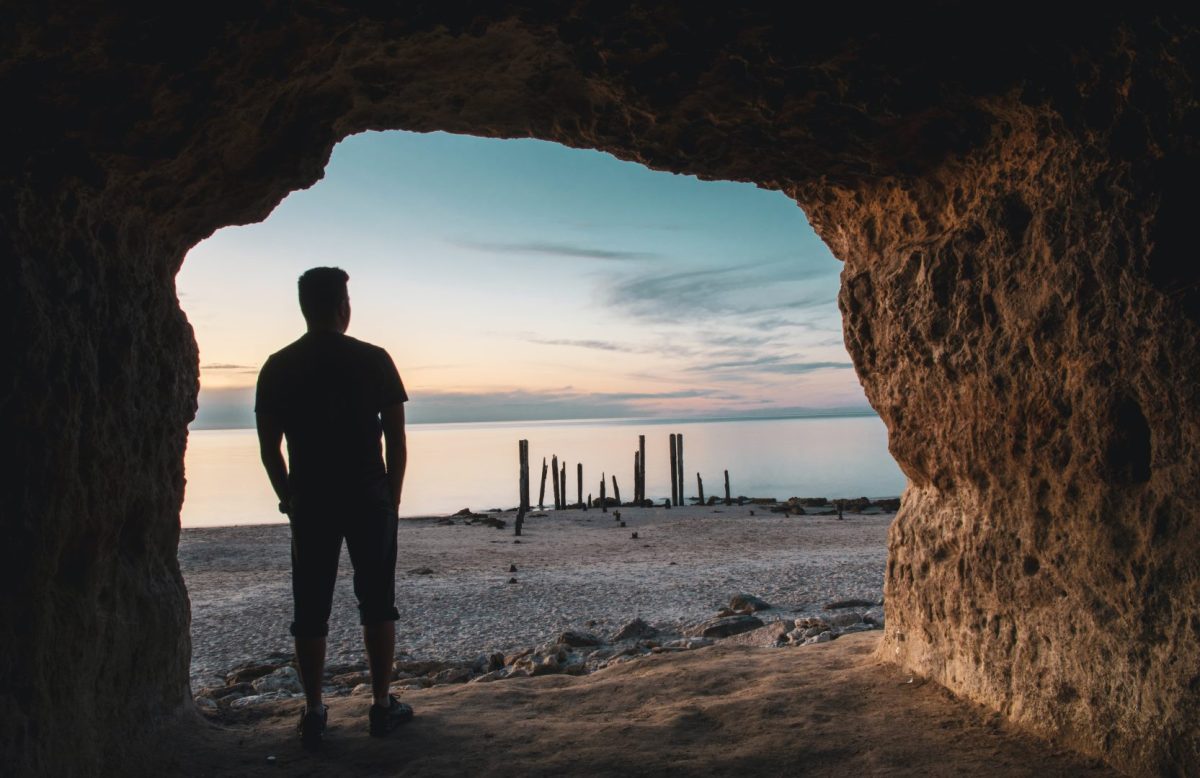What is Kirkuk?
Kirkuk is a city in northern Iraq with a population of over one million people, it is also the capital of the Kirkuk Governorate. The city’s history dates back to the early 3rd millennium BCE, with its name derived from the ancient Kurdish language. Kirkuk has been long known as a major center for the production of oil in the country and is home to the Baba Gurgur oil field, one of the largest in the world. The city has been at the center of many political and military conflicts throughout its history, and its status is still disputed between Arab, Kurdish, and Turkmen populations.
Why is Kirkuk important?
Kirkuk has long been considered the economic and strategic center of northern Iraq due to its rich oil reserves. The oil production from Kirkuk has been an essential source of income for Iraq’s economy, making up roughly 12 percent of the country’s gross domestic product. Beyond its oil reserves, the city sits at an important crossroads for transportation and trade. Kirkuk’s diverse population and history have also made it a symbol of Iraq’s many social and political rivalries, with its contested status representing the deeper struggles of ethnic and religious groups within the country.
What is the history of Kirkuk?
The history of Kirkuk dates back thousands of years. The city has been part of various empires over the centuries, including the Assyrian, Babylonian, Persian, and Ottoman empires. In the 1920s, Kirkuk became part of the newly created state of Iraq after the fall of the Ottoman Empire in World War I. During his reign, Saddam Hussein implemented policies that forced many Kurds out of Kirkuk and its surrounding area, bringing in Arab settlers. Since the fall of the Saddam regime in 2003, Kirkuk has been a focal point of conflict between various ethnic and religious groups in Iraq, with some calling for independence for the region.
What is the current status of Kirkuk?
Kirkuk remains a disputed territory between the central Iraqi government in Baghdad and the Kurdistan Regional Government (KRG). The KRG has long sought to include Kirkuk within its territory, which comprises several governorates in northern Iraq. In 2017, after a referendum on Kurdish independence in northern Iraq, the central government seized control of Kirkuk and other disputed territories, leading to clashes between Iraqi forces and Kurdish Peshmerga fighters. The dispute over Kirkuk continues to be a major source of tension between different factions within Iraq’s political and military spheres.
What is the demographic makeup of Kirkuk?
The city has a diverse population, with Kurds, Arabs, and Turkmen being the largest ethnic groups in the city. Christians, Yezidis, and other minority groups also call Kirkuk home. The demographics of Kirkuk have been a point of contention in the region, with disputes over the number of Kurds and other ethnic groups living in the city being a significant source of tension.
Why is there conflict over Kirkuk?
There is conflict over Kirkuk due to its disputed nature, with each faction having its own beliefs and desires for the city. Kurds, who make up a large portion of Kirkuk’s population, have long advocated for the city to be included within a future independent Kurdish state or in the Kurdistan region of Iraq. Many Arabs and Turkmens, however, see the city as an integral part of Iraq, and its oil-rich resources as a source of national economic power. The disputed nature of Kirkuk has led to numerous disputes and conflicts over the years, often leading to violence and unrest in the region.
What is the future of Kirkuk?
The future of Kirkuk is still uncertain, and its status remains heavily contested. The city is expected to remain a source of tension between Iraq’s different factions for the foreseeable future, with each group vying for their own interests in the region. The situation is complicated by the ongoing conflict in Syria, which has led to increased regional tensions and power struggles. However, both the central government in Baghdad and the KRG have expressed their interest in finding a peaceful resolution to the dispute over Kirkuk and its surrounding area.
Conclusion
Kirkuk remains a deeply contested region, with its disputed status and economic importance ensuring that it remains at the center of Iraqi politics and regional power struggles. The history of Kirkuk is complex and contested, and its future remains uncertain. However, it is clear that the city’s diverse population and strategic location ensure that it will remain a vital center for trade, transportation, and energy production in the Middle East.
Table of Contents

